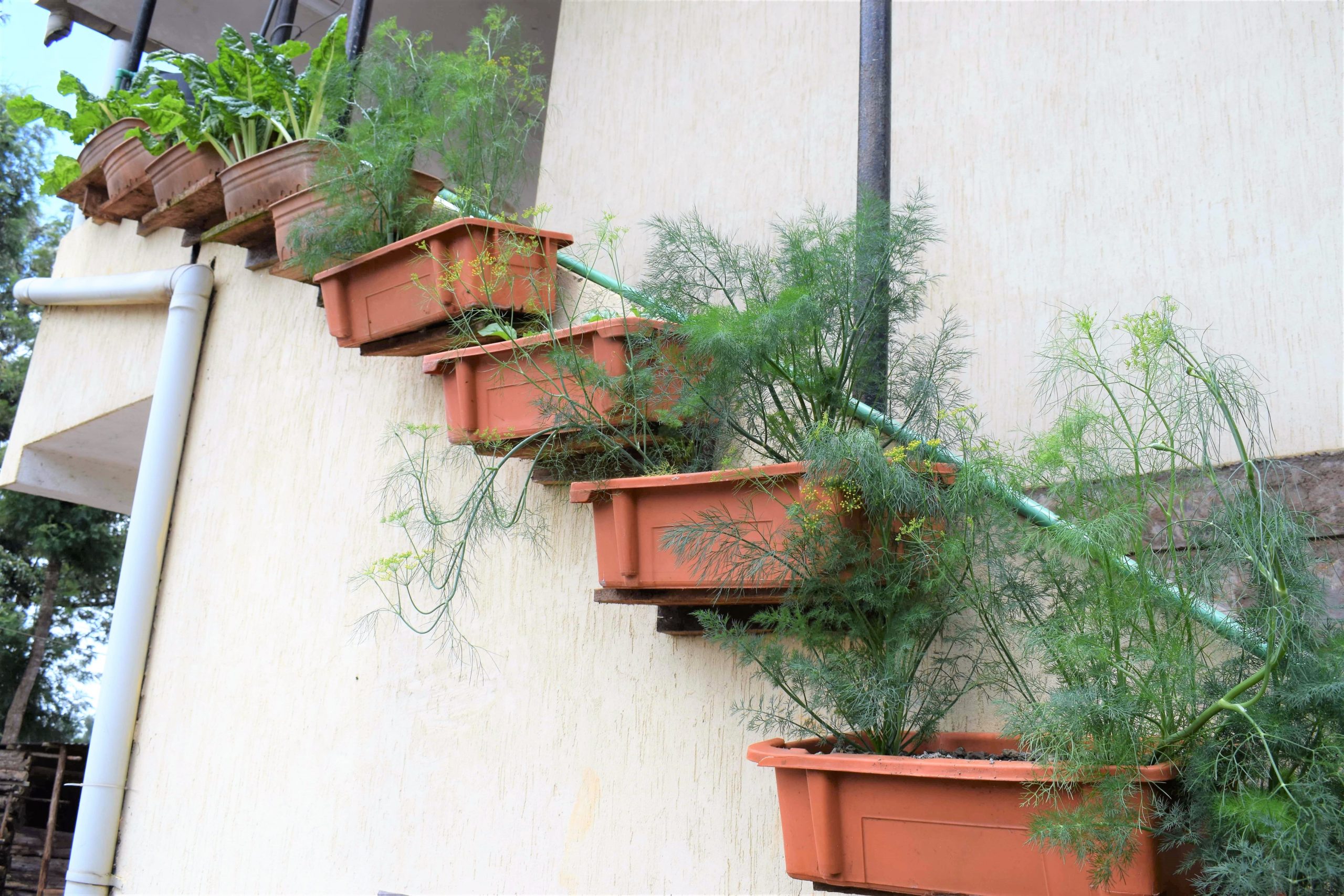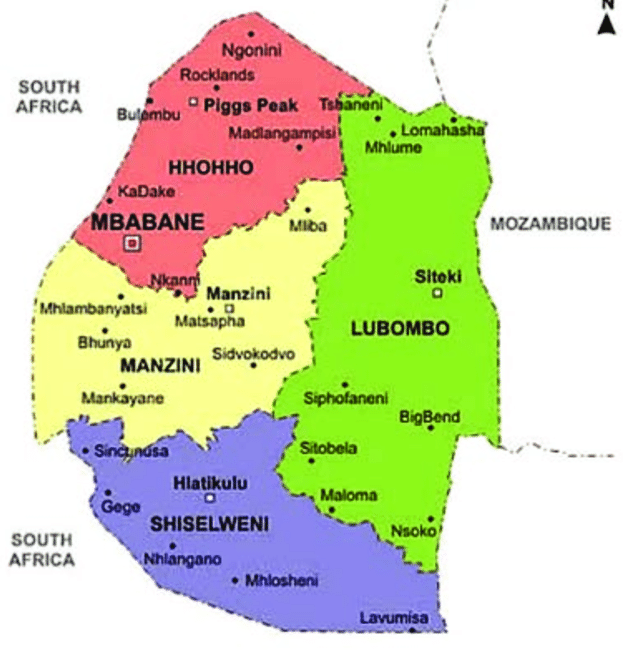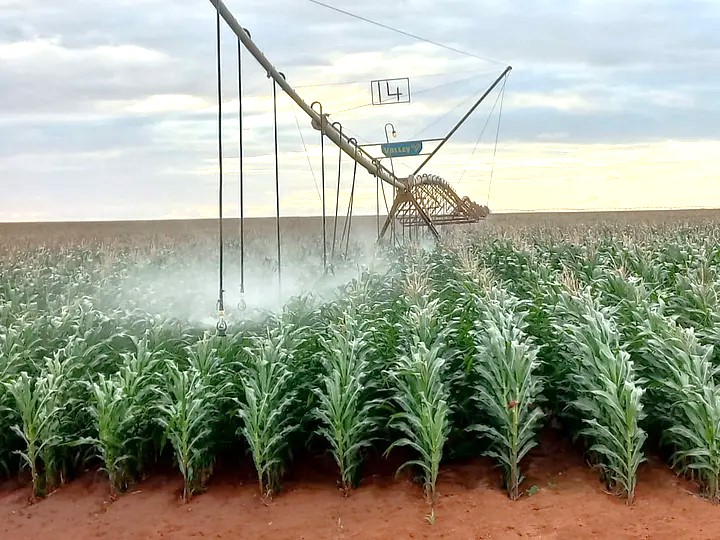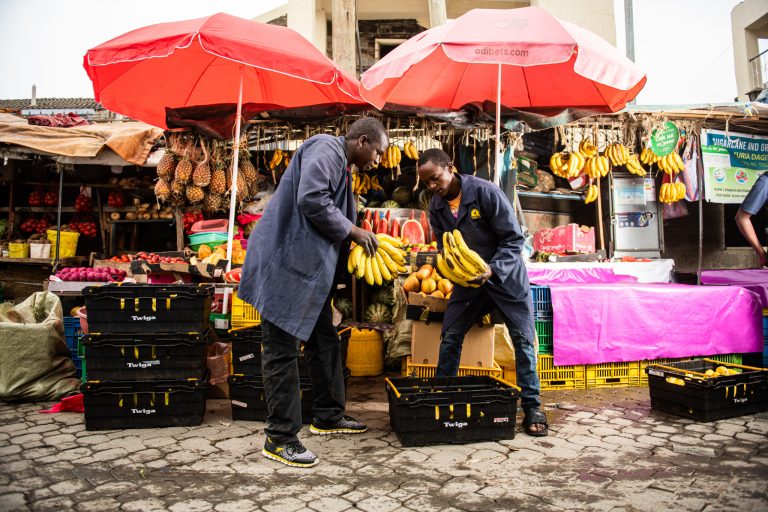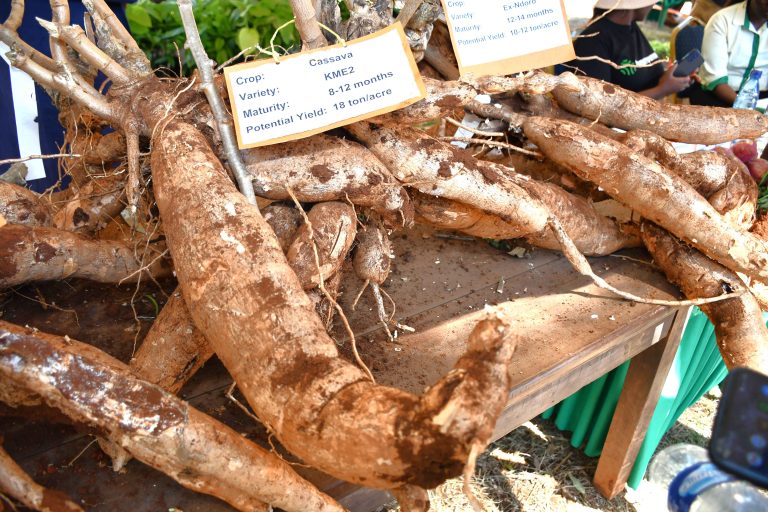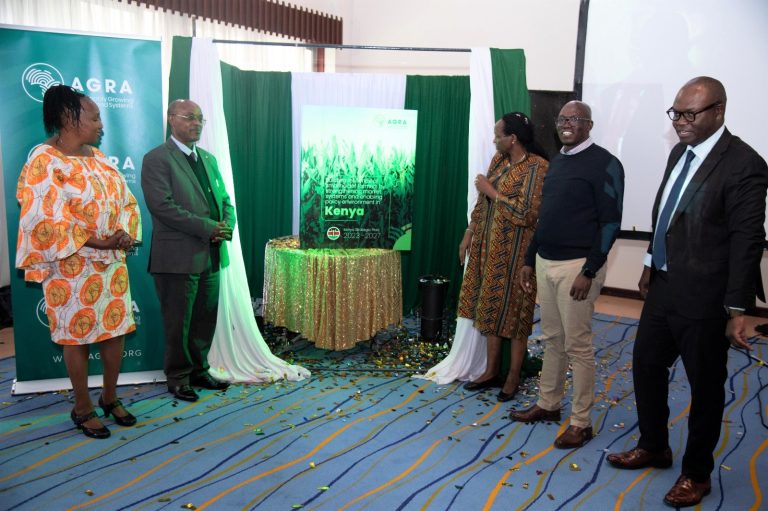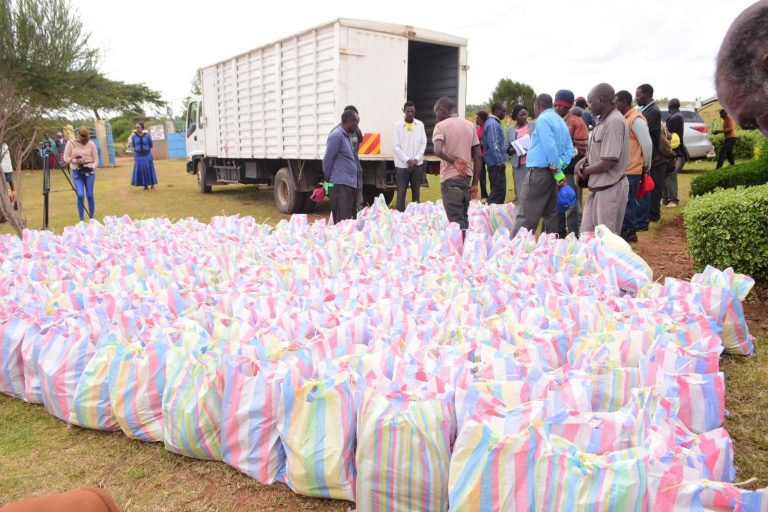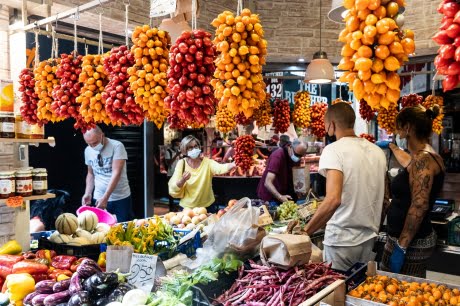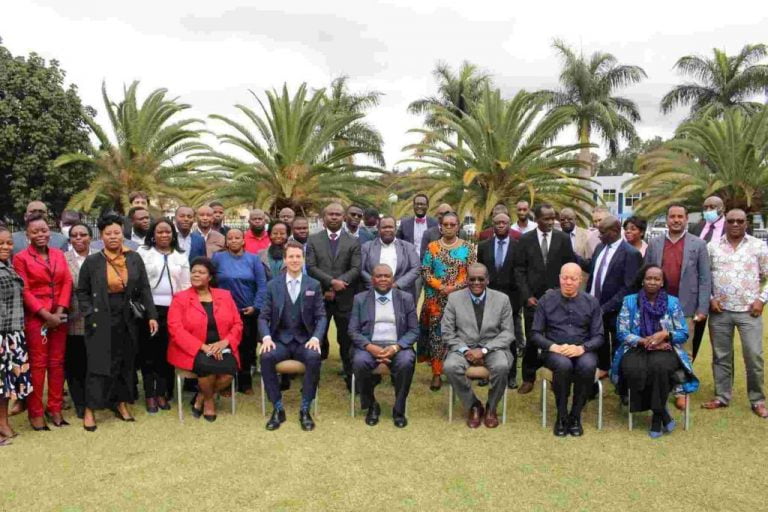By Josephine Favre
The COVID-19 Pandemic is challenging us. None of us saw it coming!
Everything around us is changing, from our behavior in how we deal with the nitty gritty little things to the way on how we look at managing our businesses under Lockdown.
At this point of time, food advocates, including smallholder farmers are facing immense pressure not only on food production, but on distribution/supply due to many countries and their boarders suddenly closing.
There are some countries that are better managed than others thus can go by with their activities on a daily basis, however there are many countries still lacking the appropriate support and expertise necessary to implement sustainable, suitable and appropriate food transition during this Pandemic.
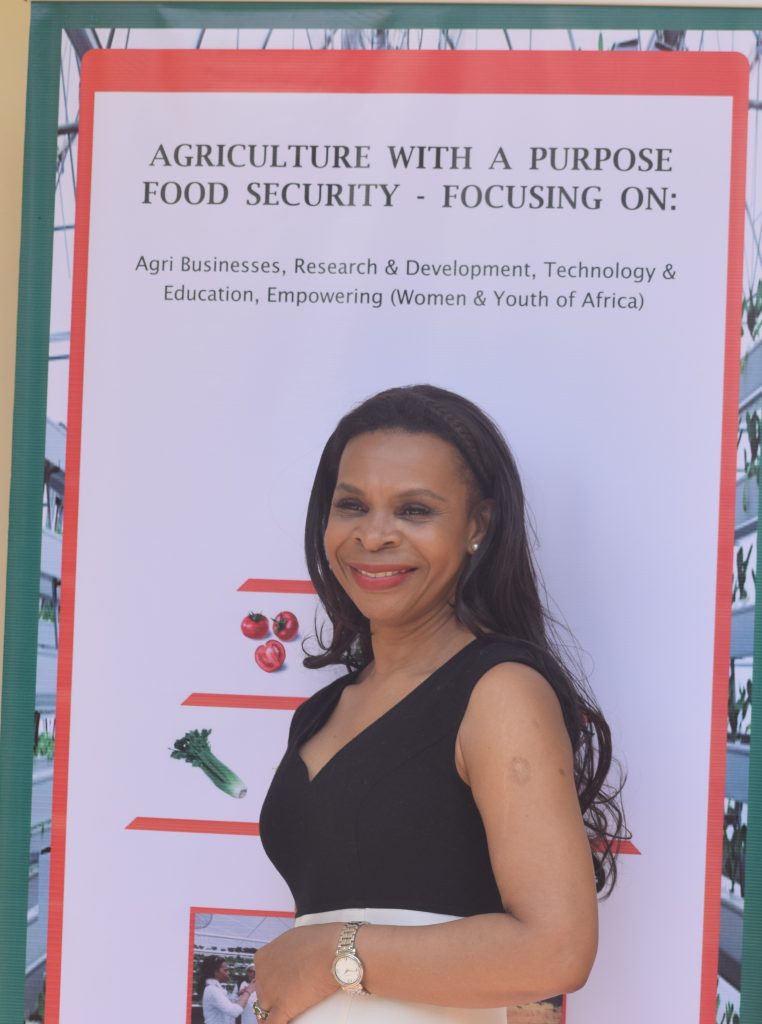
Our entire supply demand chain could so easily be redesigned or redefined due to the COVID-19 Pandemic.
What does that mean? It means owners of food production will need to find ways to monetize their existence. These will result to immediate self production, leading to door to door delivery of everything we need and consume to our homes.
Building a food production infrastructure which uses less land, less water, less fertilizer and puts higher value, nutritious food at the doorstep of the consumer, is undoubtedly a huge step forward for agriculture and human development.
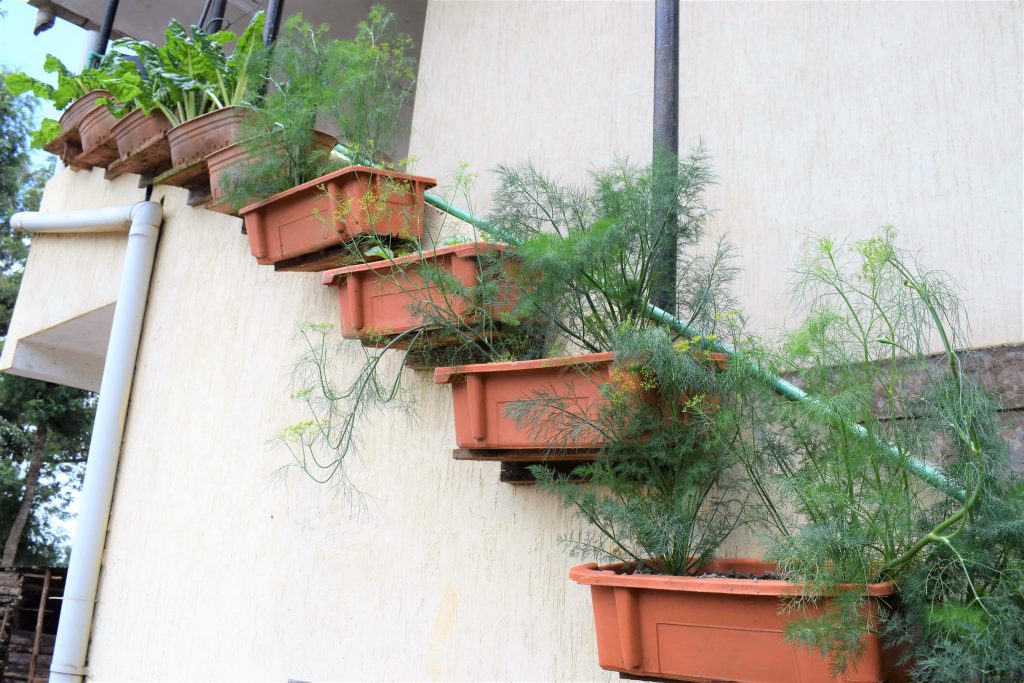
We are at a point when the technology not only already exists but is improving at an exponential rate; the question is not when but how? How big of a role can vertical farming play in securing the availability of food for future generations while protecting the planet in the process?
Integrating sustainable food production into the urban environment and becoming climate resilient is a necessary step for a modern society. Vertical Farming offers all of this, while also serving as a tool for uplifting quality of life in densely-populated urban areas.
Vertical farming is a smart solution that will use the most advanced technologies in agriculture to provide answers to food production questions. Vertical farms are climate-controlled and produce the same quality of food regardless of environmental factors like droughts, floods, pests and disease. By remaining independent of the outdoor environment, vertical farms can provide food for urban and rural areas alike that suffer from food shortage during periods of extreme weather or disease
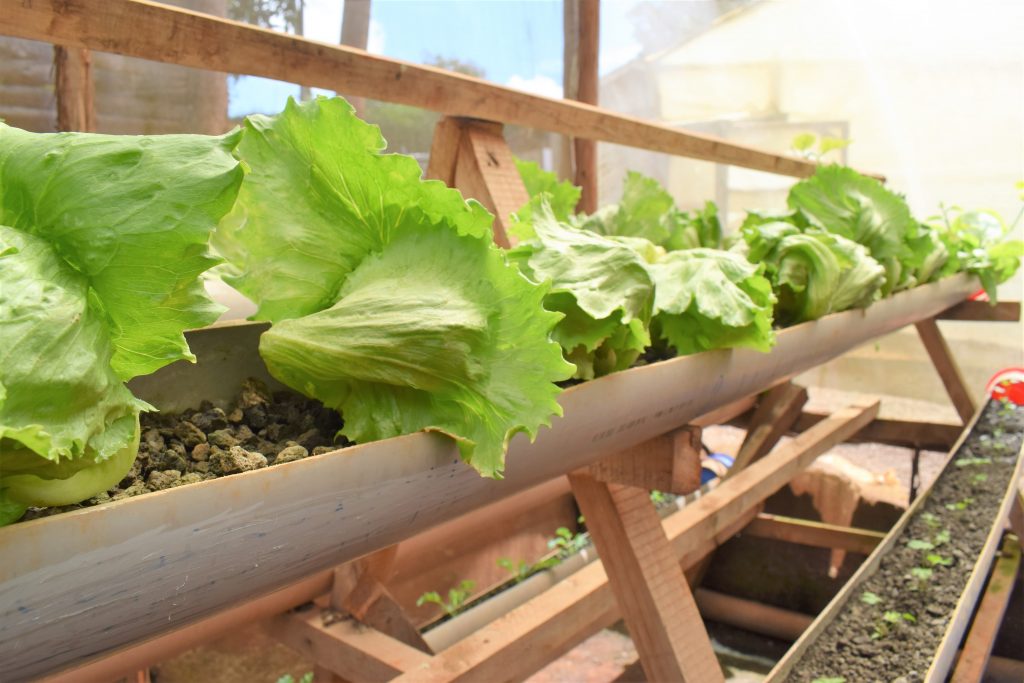
It is more clear now that Vertical Farming (VF) is no longer just an Urban Farming solutions but a General farming solution given today’s climate changes such as heat waves, extreme floods etc. We need to be in control and VF or CEA gives us just that, Resilience.
The African Association for Vertical Farming will play a very big role to ensure that the farming community (and potential Agri prenuers) are aware of VF as a modern way of farming that ascertain productivity despite climate change challenges, while addressing food security delivery.
We the AAVF at this point of time advice every family owning land, small or big, a balcony or a side garden to learn on how to produce, or provide for themselves and their own by using Vertical Farming Technologies as their agriculture method.
New technologies for single household to complex business projects can now easily be taught. There can be no doubt that we have to act now and move toward more sustainable thinking in food practices.
We can do this together!
Stay Safe!
Josephine Favre is the President of The African Association for Vertical Farming (AAVF)


